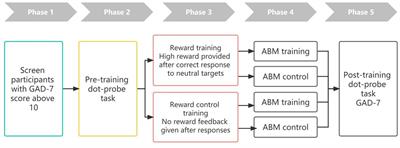EDITORIAL
Published on 29 May 2024
Editorial: Towards an understanding of the cognitive mechanisms involved in threat processing and perception
doi 10.3389/fpsyg.2024.1427224
- 667 views
4,927
Total downloads
24k
Total views and downloads
You will be redirected to our submission process.
EDITORIAL
Published on 29 May 2024
ORIGINAL RESEARCH
Published on 11 Jan 2024
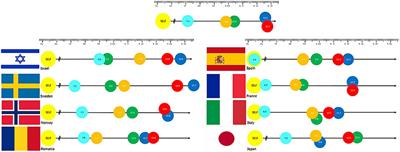
ORIGINAL RESEARCH
Published on 04 Jan 2024
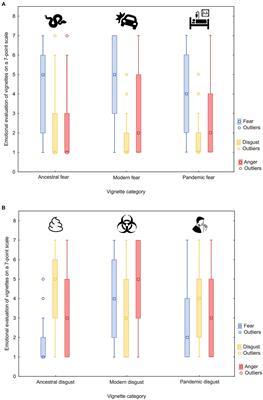
ORIGINAL RESEARCH
Published on 20 Nov 2023
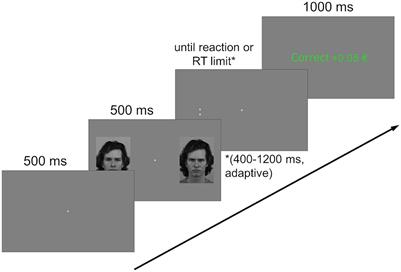
ORIGINAL RESEARCH
Published on 19 Oct 2023

ORIGINAL RESEARCH
Published on 27 Sep 2023
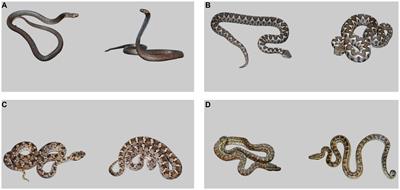
ORIGINAL RESEARCH
Published on 30 Aug 2023
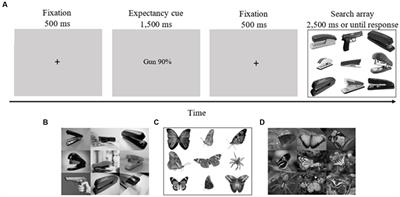
BRIEF RESEARCH REPORT
Published on 23 Dec 2022

ORIGINAL RESEARCH
Published on 21 Dec 2022
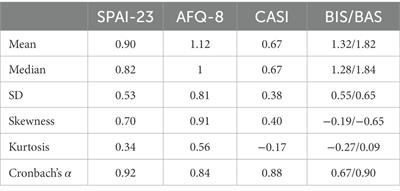
ORIGINAL RESEARCH
Published on 23 Nov 2022
